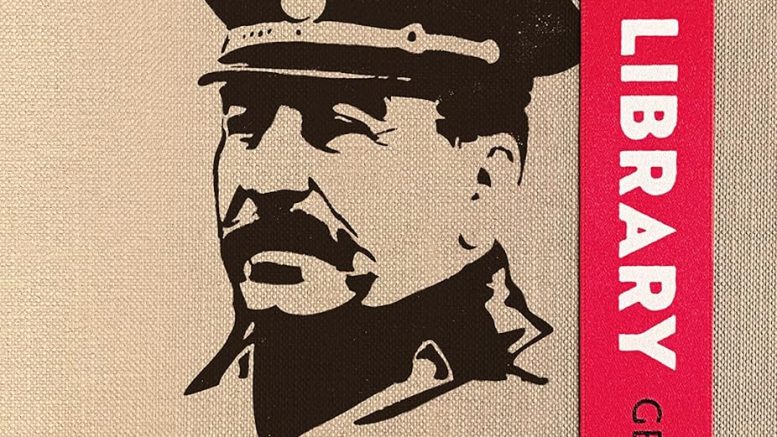Geoffrey Roberts is a leading expert on Soviet history and chose a really interesting take on Stalin’s life with this book. His starting principle seems to be that whatever else Stalin was (e.g., a monster) he was first and foremost an intellectual. He read an enormous amount, marked up hundreds or even thousands of books, and among other things, he read his opponents with great interest — including Kautsky and Trotsky. Roberts seems surprisingly sympathetic to many of Stalin’s criticisms of what he read. He mentions more than once the dictator’s repeated instructions to Soviet writers and editors to tone down the “cult of the personality” stuff. But this modest side of Stalin clashes with reality: the cult of the personality was very real, and if from time to time Stalin warned writers about it, it meant nothing. There was a side of him that clearly encouraged, and perhaps even needed, that adulation. The image Roberts presents of Stalin clashes strongly with the one offered by, for example, Trotsky. Trotsky was fond of pointing out things like Stalin’s inability to learn foreign languages (except for Russian) — he even claimed that Stalin struggled to learn Esperanto, which is probably the easiest language to pick up. Maybe Trotsky underestimated his enemy. In any event, the whole discussion of Stalin as a great editor, a competent literary critic and an under-rated intellectual reminds me of a scene in Mel Brooks’ film, “The Producers”. One of the craziest characters in that film, an unreconstructed Nazi, insists on telling everyone that “what people don’t know about the Fuhrer was that he was a great dancer.”
Review: Stalin’s Library – A Dictator and His Books, by Geoffrey Roberts
